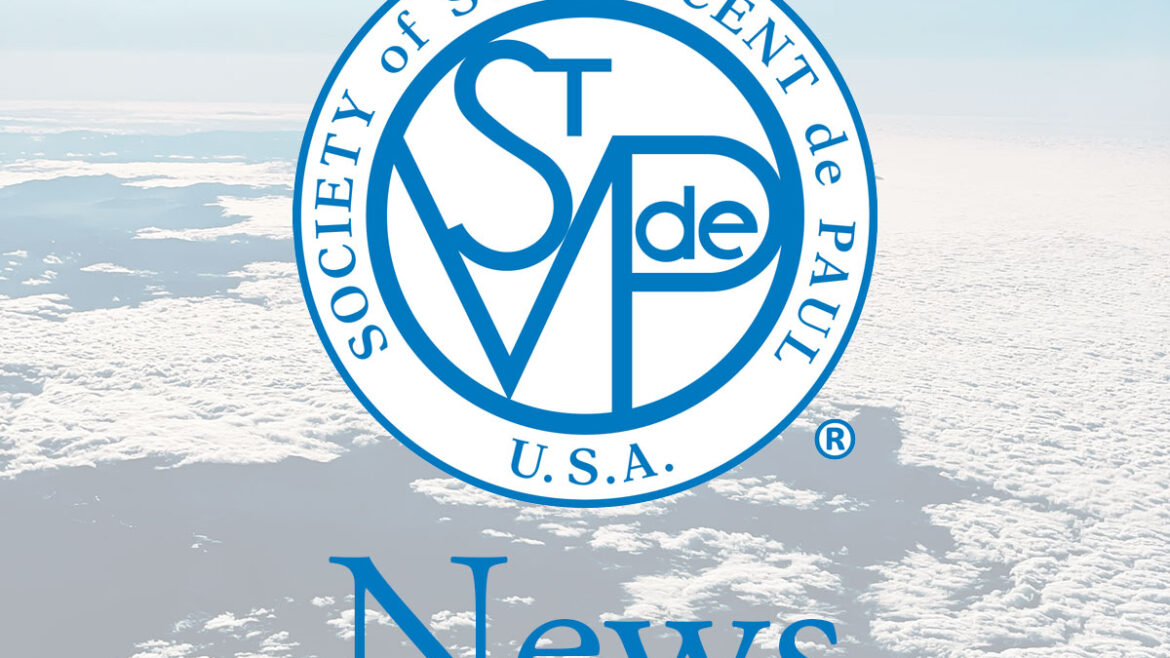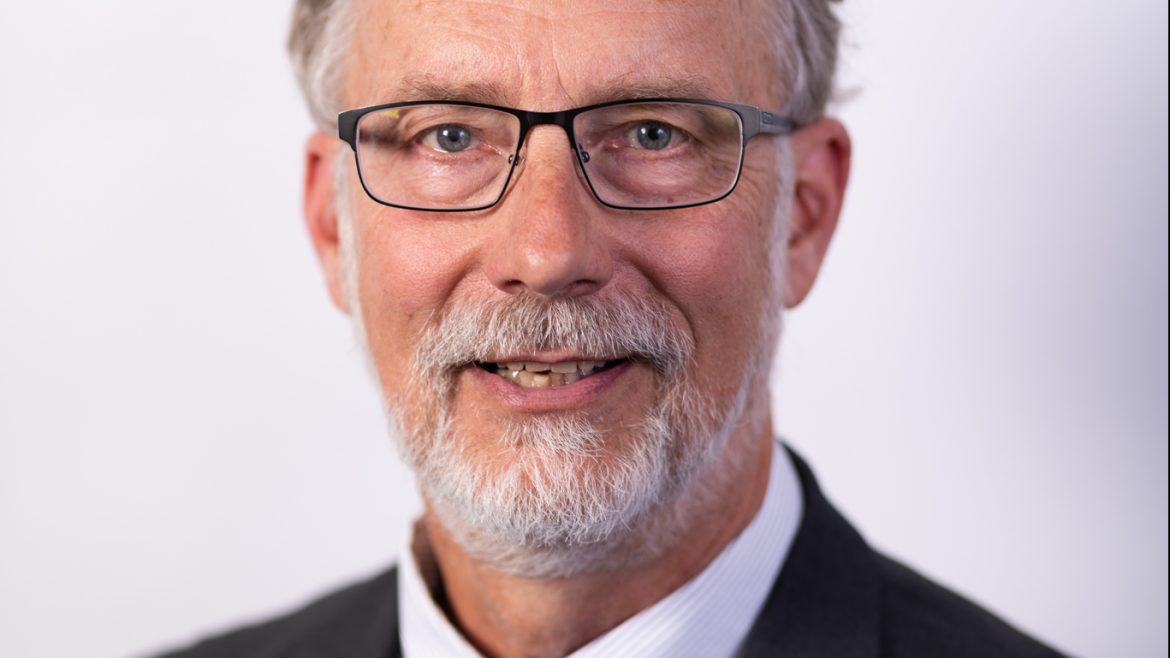When we think of leaders, we are acculturated to envision military commanders, heads of state, celebrity CEOs, and the like; dynamic, charismatic, larger than life. Leaders, we are taught, are “large and in charge.” It is difficult, then, for most of us to believe that we can be that person; that we are called to leadership. But if you are a Vincentian, you are called.
Rather than the province of kings and generals, ours is a special type of leadership, modeled for us by Christ Himself. Most memorably, in the Gospel of John, Christ washed the feet of the disciples, afterwards explaining: “You call me ‘teacher’ and ‘master,’ and rightly so, for indeed I am. If I, therefore, the master and teacher, have washed your feet, you ought to wash one another’s feet. I have given you a model to follow, so that as I have done for you, you should also do.”
In a passage that was a favorite of St. Vincent’s, Christ further explained the role of a leader, saying, “let the greatest among you be as the youngest, and the leader as the servant.”
A Vincentian servant leader, such as a Conference President, is not called to be the boss or the commander. Rather than making all the decisions, Presidents fulfill the decisions of the Conference members.
In 1651, one of Vincent’s confrere superiors wrote to him, complaining of the men in his care, even going so far as to complain that he “preferred to direct animals rather than men.” In reply, Vincent explained that this approach “is true of those who want everything to give way to them, nothing to oppose them, everything to go their way, people to obey them without comment or delay, and, in a manner of speaking, to be adored.”
But that, Vincent explained, is not our way. He reminded the missioner that leaders should “consider themselves the servants of others, who govern in the light of how Our Lord governed.” [CCDIV:181-182]
Christ could have come to us as a king, a warrior, or a man of wealth. Instead, as Frédéric pointed out, he “was hidden for thirty years in the workshop of a carpenter.” [Complete Works, Lecture 24, quoted by Gregory] He “did not come to be served but to serve…” [Matthew 20:28]
In the Society, the person does not seek the office, the office seeks the person. [Manual, 35] Servant leaders are called less to be something, than to do something; we are called not to be “large and in charge,” but instead, to be small, and for all.
Contemplate
Am I called right now to servant leadership? To be an officer, committee chair, or something else?





